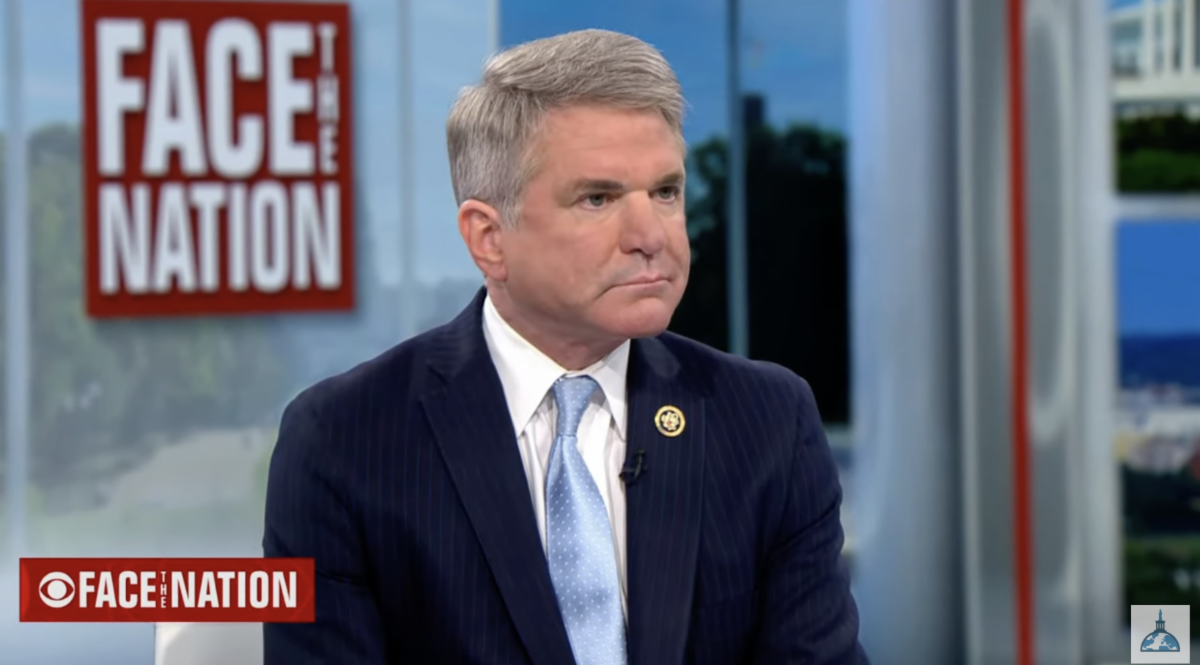Rep. Arrington Introduces Legislation to Improve Communication Between the EPA and USDA
 Rep. Jodey Arrington (R-TX) recently introduced the USDA Communication Regarding Oversight of Pesticides (CROP) Act of 2023, legislation to give the USDA Office of Pest Management Policy (OPMP) a meaningful voice in the regulation of pesticide products. Currently, the OPMP provides feedback to the EPA on the safe use of pesticides, but EPA is not required to respond or consider OPMP’s guidance, giving the EPA disproportionate input in pesticide regulation. The CROP Act will create a more equitable balance of USDA and EPA input, ensuring pesticide regulations reflect both producer and environmental considerations.
Rep. Jodey Arrington (R-TX) recently introduced the USDA Communication Regarding Oversight of Pesticides (CROP) Act of 2023, legislation to give the USDA Office of Pest Management Policy (OPMP) a meaningful voice in the regulation of pesticide products. Currently, the OPMP provides feedback to the EPA on the safe use of pesticides, but EPA is not required to respond or consider OPMP’s guidance, giving the EPA disproportionate input in pesticide regulation. The CROP Act will create a more equitable balance of USDA and EPA input, ensuring pesticide regulations reflect both producer and environmental considerations.
This legislation is being led in the Senate by Sen. Roger Marshall, M.D. (R-KS) and is co-led by Rep. Mark Alford (R-MO) in the House.
“The EPA’s neglect of the USDA OPMP guidance unduly punishes and creates uncertainty for West Texas farmers and ranchers who are trying to keep consistent the practices of their family industries and small businesses. The OPMP provides necessary information pertaining to the viability of the EPA’s pesticide approval process and without the OPMP’s advice, agricultural producers will be negatively affected not only in Texas, but throughout the country,” said Rep. Arrington. “Our legislation ensures that the EPA ceases their continual, well-documented, ignoring of OPMP expertise, and creates a cohesive, streamlined, regulatory approval process for pesticide products.”
“Critical crop protection tools like pesticides are vital to the success of farmers and ranchers all across America. It is of the utmost importance that the Environmental Protection Agency (EPA) uses the best available science when issuing registration decisions regarding these crucial tools. Our legislation ensures they use that science by giving the United States Department of Agriculture’s (USDA) Office of Pesticide Management Policy (OPMP) a clearly defined role to work with EPA in this process. I urge all of my colleagues to help move this bill forward,” said Rep. Alford.
“For our producers to work efficiently and be good stewards of their land and environment, it is vital they have access to safe and effective pesticides,” said Senator Marshall. “The EPA’s work reviewing new and existing pesticides and giving strict guidelines to our nation’s producers is critical but should not operate autonomously of the important work that the OPMP is doing. OPMP has a role in this process and is only interested in helping the EPA issue guidance that uses the best science and research available. Our legislation makes sure the OPMP is not being sidelined and has a voice in this regulation process.”
“CLA appreciates the member’s work to improve the coordination between the U.S. Department of Agriculture (USDA) and the U.S. Environmental Protection Agency (EPA). It is imperative that the agencies work together to help ensure the most up to date, scientifically-sound data is available when pesticide registration decisions are made. This Act provides the opportunity for USDA’s Office of Pest Management Policy to be engaged and heard in the pesticide registration process. This will assist both the EPA’s scientists and better represent the farmers and ranchers around the country who use these products,” said Chris Novak, President and CEO of CropLife America.
“Growers deserve a predictable regulatory system and to be assured that federal agencies are communicating product uses, benefits and risk mitigation practices growers already have in place. Too often EPA moves forward with overly conservative assumptions without fully considering the input of USDA and the growers who use the products. This bill represents a significant step toward addressing this perennial problem,” said Craig Meeker, Chairman of National Sorghum Producers.
Background:
- U.S. farmers and ranchers are coping with record inflation and broken supply chains — the last thing they need is the severe limitation of traditional farming tools and methods. If these producers lose the ability to use certain crop protection products, farms will be forced to forgo conservation practices, like no-till farming, and revert to full tillage methods to control pests.
- It is vital that OPMP has a role in this process to help EPA use the best science possible in conducting pesticide registrations and rulemakings to ensure pesticide users are not being subject to unnecessary, unscientific conditions.
- The EPA recently released the draft Herbicide Strategy for public comment which already shows how disconnected they are from actual agriculture production. This is the type of document where EPA NEEDS to hear from USDA and grower groups. Among other issues, this strategy penalizes practices on dryland and will unfortunately target the drought-stricken west.








